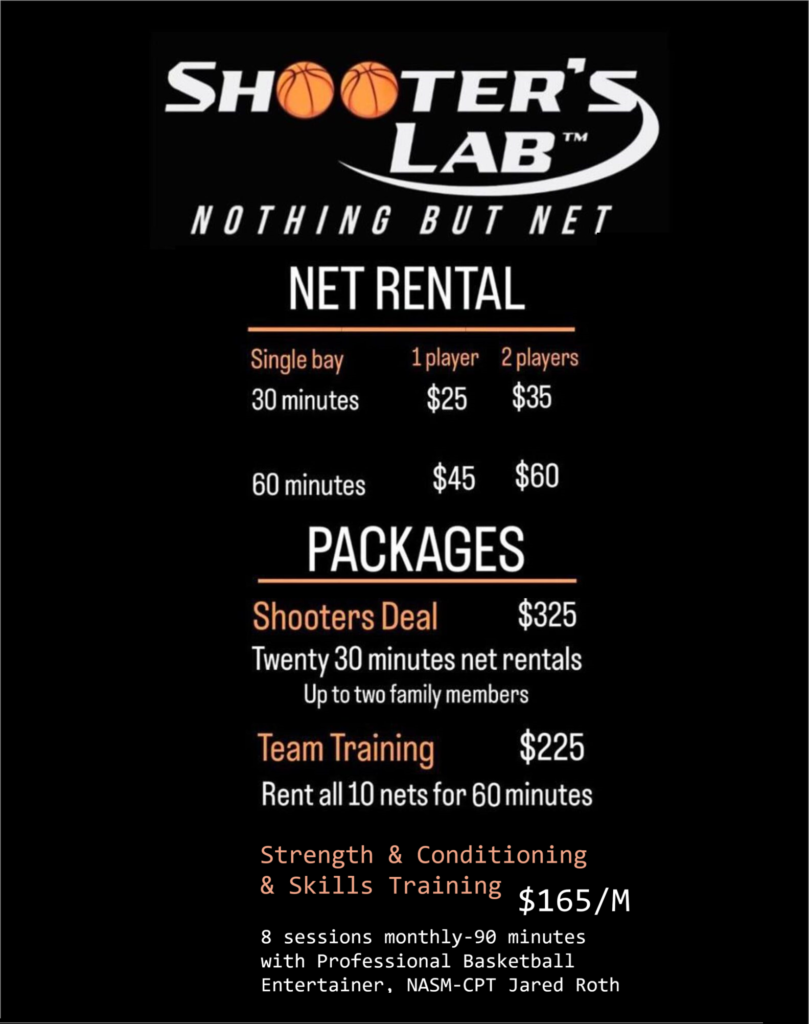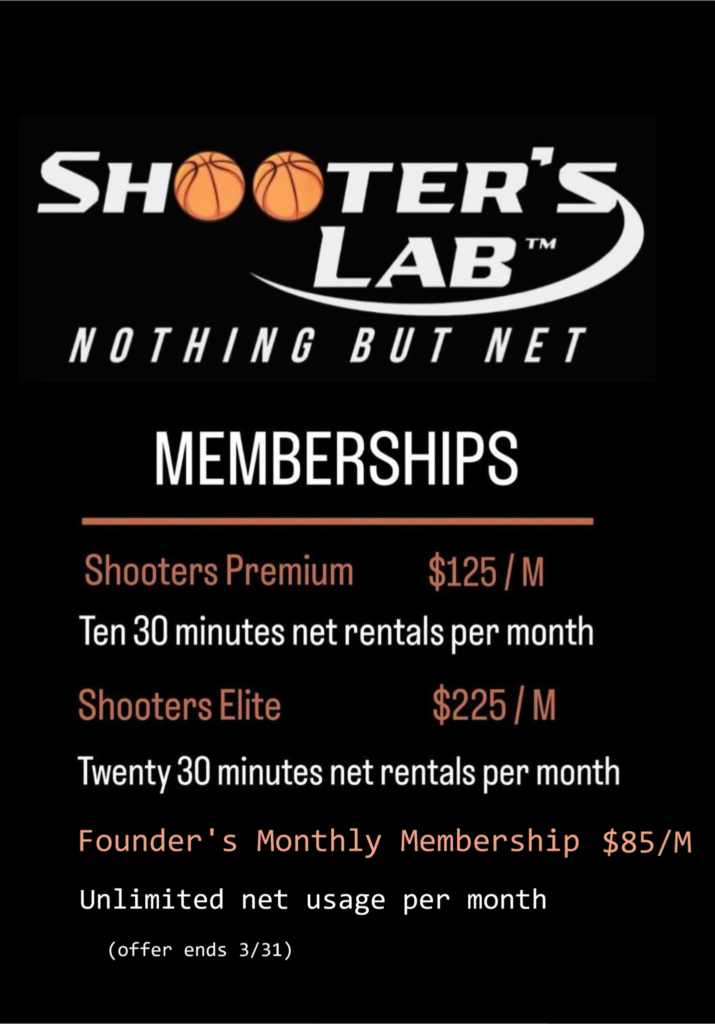The Advancement of Google Search: From Keywords to AI-Powered Answers
Commencing in its 1998 premiere, Google Search has transitioned from a plain keyword recognizer into a adaptive, AI-driven answer mechanism. To begin with, Google’s innovation was PageRank, which rated pages determined by the grade and abundance of inbound links. This transformed the web off keyword stuffing for content that achieved trust and citations.
As the internet ballooned and mobile devices surged, search patterns varied. Google unveiled universal search to merge results (updates, icons, playbacks) and next called attention to mobile-first indexing to express how people essentially browse. Voice queries from Google Now and in turn Google Assistant compelled the system to decode colloquial, context-rich questions in lieu of terse keyword sequences.
The following progression was machine learning. With RankBrain, Google kicked off deciphering in the past unfamiliar queries and user objective. BERT refined this by processing the subtlety of natural language—function words, situation, and correlations between words—so results more closely reflected what people purposed, not just what they put in. MUM extended understanding among different languages and formats, giving the ability to the engine to relate connected ideas and media types in more advanced ways.
Now, generative AI is restructuring the results page. Pilots like AI Overviews synthesize information from numerous sources to present condensed, relevant answers, habitually joined by citations and actionable suggestions. This reduces the need to click repeated links to compile an understanding, while even then pointing users to more profound resources when they need to explore.
For users, this evolution indicates swifter, more detailed answers. For originators and businesses, it honors detail, distinctiveness, and readability ahead of shortcuts. On the horizon, anticipate search to become mounting multimodal—intuitively blending text, images, and video—and more tailored, modifying to preferences and tasks. The journey from keywords to AI-powered answers is at its core about changing search from spotting pages to performing work.




